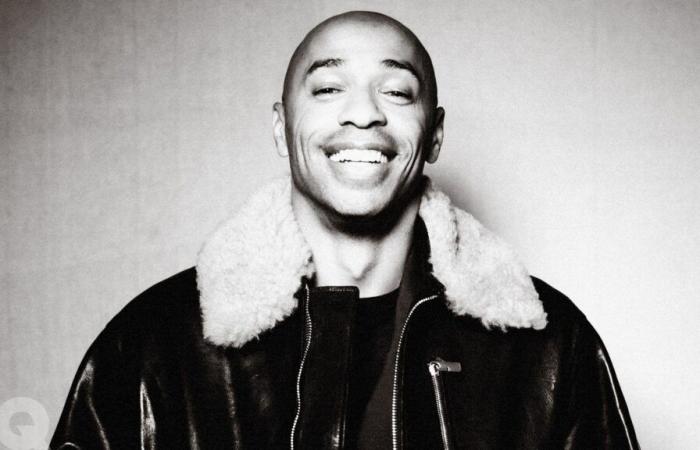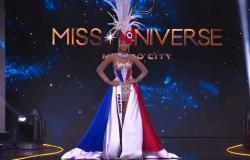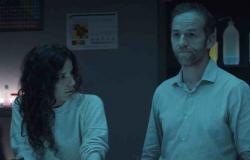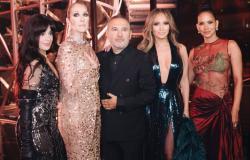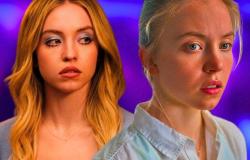In the podcast The Diary of a CEOby Steven Bartlett, you spoke at the beginning of the year about your complicated relationship with your father and the pressure that weighed on your shoulders from a very young age. Why did you decide to confide in yourself like this now?
Being famous means preserving a certain image, but today I'm no longer a player and I've let my guard down. During your career, people try to label you as role model whereas, I was far from perfect. I simply explained what built me as a person, without complaining, because I felt ready to talk about it. When you see someone who is supposed to have no problems and who has been successful in their life talking to you with honesty and empathy about their difficulties, it can speak to you and help you put things into perspective. So if you ask me how I scored against Real [Madrid]you will never be able to truly understand. You have never scored a goal leaving your camp in front of 80,000 people. In fact, I received a lot more text messages that touched me after this podcast than after winning any trophy.
Could it have helped you to hear such a testimony during your career?
I would not have been receptive. I would have said to myself: “But what is this guy talking about? He won everything but he was afraid? If the podcast can help young people today, so much the better. But the world was not open to these subjects at the time. It was even quite the opposite.
Coat and trousers, JW Anderson. Cole roulé, Brunello Cucinelli. Boots, Berluti. Socks, Prada.© Luka Booth
When the Covid pandemic broke out, you were coach of the Impact Montreal and you were not able to see your partner and your children for a long time. Was it this moment that was the turning point for you?
I spent a year in Canada, far from my family, and I began to analyze who I was, to think about how I had grown up and what had shaped me. In the podcast, I talk about this moment when, after returning to London, I had to return to Montreal. Everyone started crying, and it was the first time I saw people cry for Thierry and not for Thierry Henry. That slapped me in the face. I had gotten used to putting on this superhero cape, forgetting about myself, but now I felt human, and not like some kind of object or robot. I was educated one way and my children educated me another.
Have you consulted a psychologist?
Yes of course. I didn't have the tools to manage certain emotions. People forget that I left home as a teenager. At 16, I had already entered working life, into competition, and I was making money. Normally you're not supposed to have these amounts of money so early and become the “dad” of the family. Who can endure this and still perform well? During Covid, I was simply lost and searching for myself. I had to be reminded or taught that these emotions are normal, that you must welcome them and not let them invade you. You can feel hate, but don't become hateful. Conversely, you can feel joy, but don't become too joyful either.

